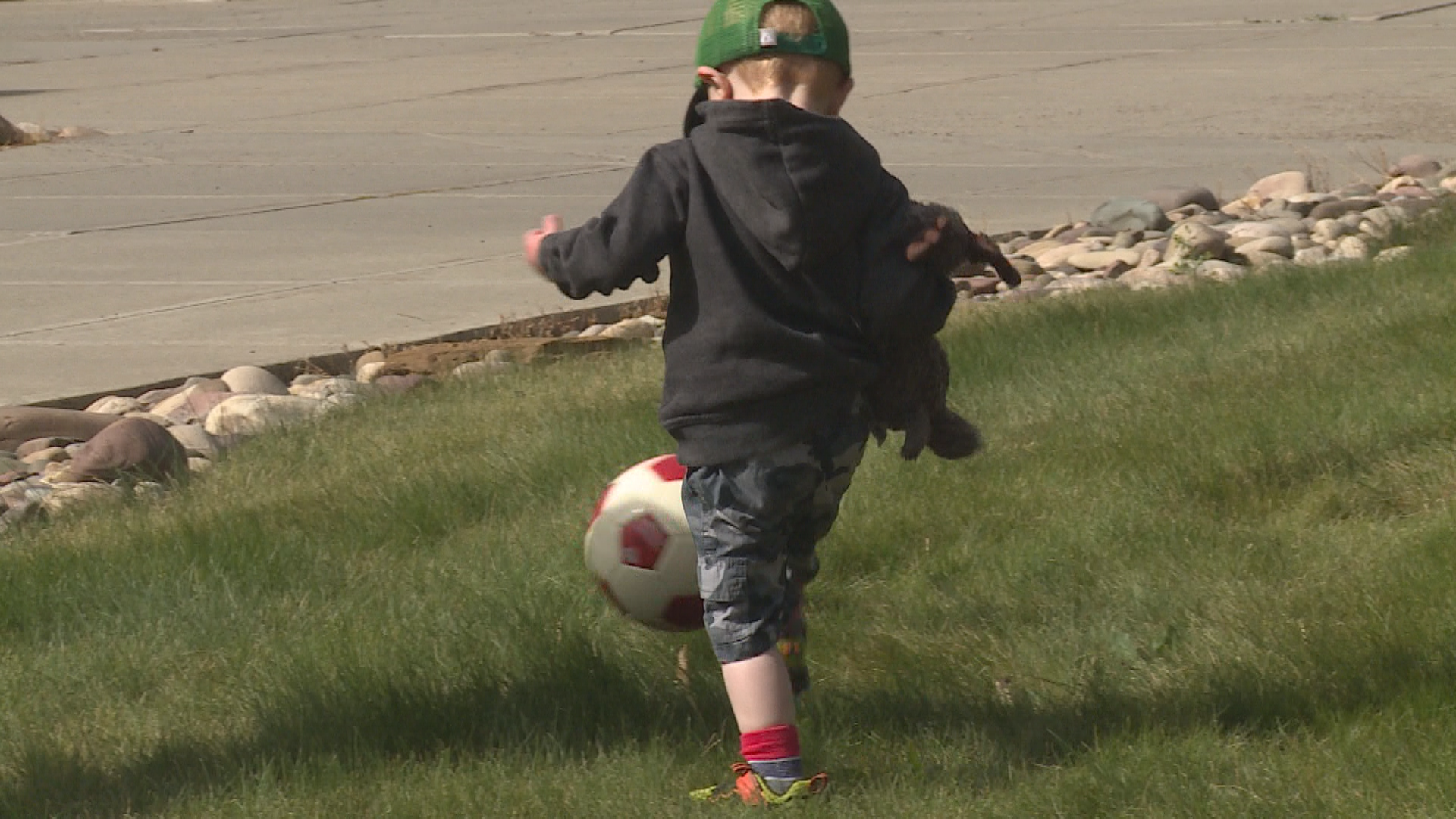New research out of the University of Lethbridge is finding that COVID-19 is hindering the ability of children to stay active in Alberta.

Simon Schaerz, a PhD candidate in the Faculty of Education at the U of L, began studying the effects of the pandemic on children at the end of May as part of a larger body of research.
“My interest at first was looking at why it is only about one in 10 kids in Canada meet the minimum guidelines for physical activity,” Schaerz said, explaining the main goal of his research is to examine the factors that lead to lack of activity in children and youth in the province.
According the government of Canada, kids aged five to 11 years old should be getting at least 60 minutes of moderate to vigorous physical activity each day.
When COVID-19 hit, Schaerz says his research pivoted to look at the impacts of public health guidelines on the ability of children to engage in such activity.
He and other researchers began analyzing families around the province to gauge how the pandemic has impacted them, specifically for children between the ages of 10-13.

Get weekly health news
Results were gathered through interviewing parents and children, and by requiring the subjects to journal and track physical activity as well as wearing pedometers for a week.
“Some of the preliminary findings from the study basically showcase that when kids are active, they like to be active with others,” he explained. “In most cases it’s their peers, in other cases it’s their parents, their siblings, cousins, you name it.”
Schaerz adds group activity helps nurture cognitive and social development among the younger population.
With public health measures coming into effect and cancelling sports “overnight”, Schaerz says restrictions on gatherings and physical distancing left families without their typical outlets for group exercise.
He adds while physical activity is declining, screen time is seeing a rise.
“[Screen time] has negatively affected childhood activity.”
Schaerz recommends that families find ways to form cohorts through guidance from the province, to ensure healthy habits are continuing to form despite the current health crisis.
If possible, he suggests they should consider joining a sport that has resumed under health guidelines.
“You can make cohort families as well,” he said. “It’s worthwhile for parents to invest in developing healthy habits now, and really taking advantage of the outdoors.”
As summer winds down and the start of the K-12 school year looms, the prospect of gym class or recess is uncertain amid physical distancing and mask-wearing restrictions.
“That really puts a burden on physical education teachers, because a lot of the games are simply not possible,” Schaerz said, adding there will be a need for creativity when it comes to planning for a return to physical activities in a school setting.
The study is currently in its analysis phase, and should be completed sometime next year.







Comments
Want to discuss? Please read our Commenting Policy first.